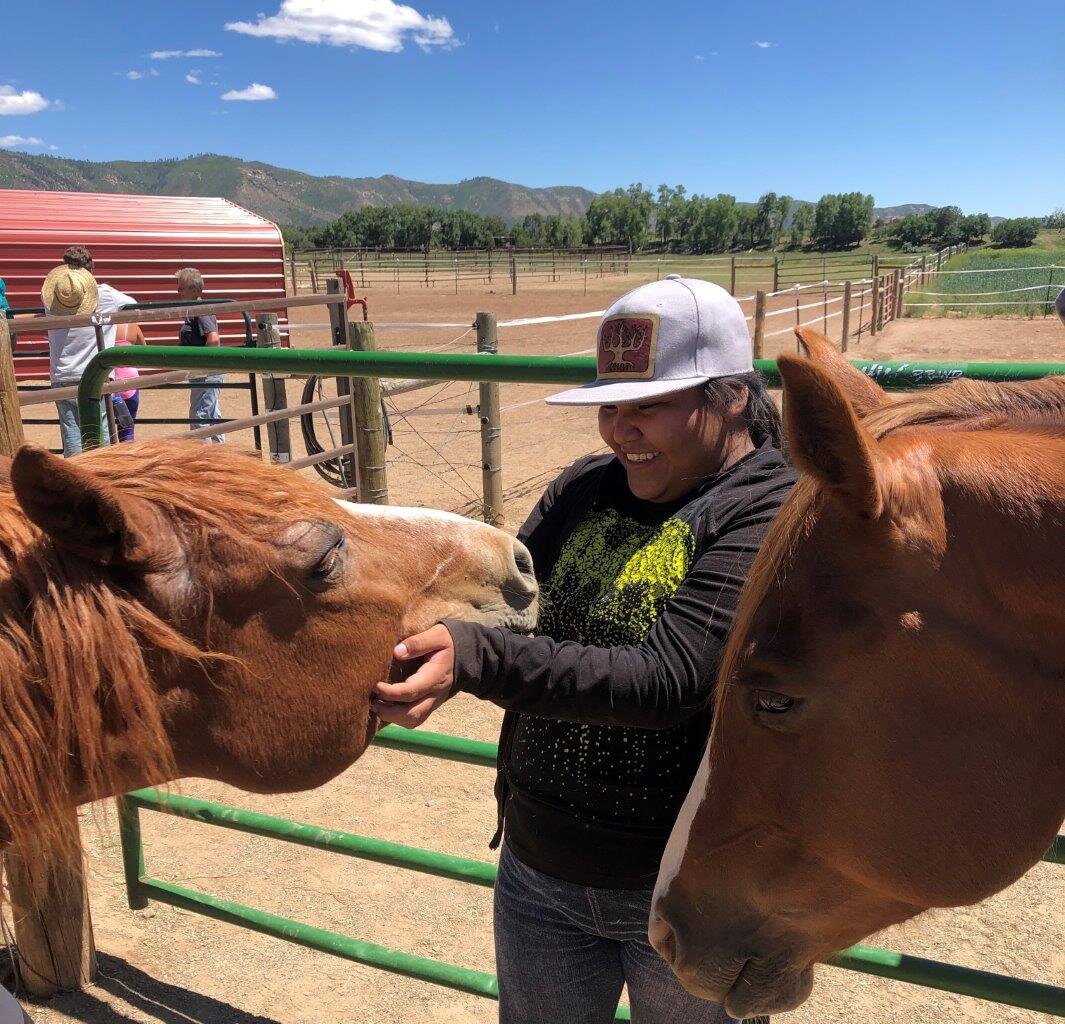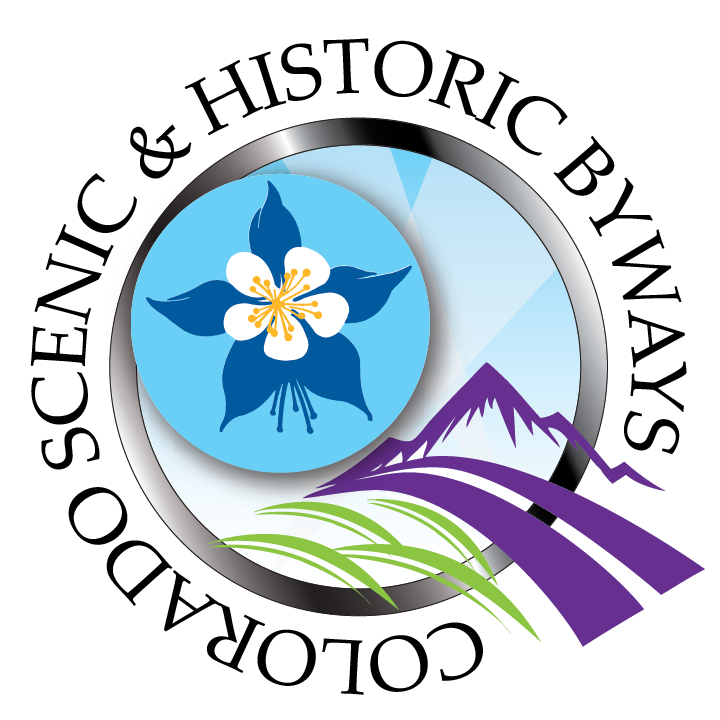Building Tomorrow’s Leaders through Land Conservation
Teaching Lessons About the Land While Building a Community of Future Conservation Leaders
Project: Agriculture Immersion Program
Partner land trust: Montezuma Land Conservancy
Location: Montezuma County
Topics: Partnerships, building agriculture and conservation leaders
When most people think of land conservation, a classroom of high school students may not typically be the first thing that comes to mind. Conserved land often calls up images of woody landscapes, pristine horizons, undulating ranch lands or unobstructed views of Colorado’s mountains. One program in southwest Colorado’s Montezuma County is reshaping what land conservation might look like, starting with how it is involving the next generation of conservation leaders.
Fozzie’s Farm, an 83-acre farm in Lewis, Colorado, was donated to the Montezuma Land Conservancy (MLC) in 2016, and from the start, it has been focused on serving the community. MLC uses the land as the heart of its educational efforts, and the farm features a newly constructed community classroom where MLC staff lead youth and adult programming that teaches about the land, agriculture and conservation. In addition to hosting school field trips and community groups at Fozzie’s, MLC partners with a local high school, Southwest Open School in Cortez, to offer a summer Agriculture Immersion Program.
The immersion program offers high school students the opportunity to engage in hands-on learning experiences.
At four weeks long, the immersion program offers high school students the opportunity to engage in hands-on learning experiences at Fozzie’s Farm and around the region. Students learn valuable leadership and teambuilding skills, develop knowledge about agriculture, and gain insight into career opportunities. They also earn school credit and a weekly stipend for their work, and many of the youth use their stipends to help cover critical expenses.
Empowerment and opportunity
MLC hopes the program empowers these students to consider agriculture careers and understand the value of conservation work. Recently, the program has asked students to focus their creative thinking on irrigation and how a changing climate might impact farming and agriculture. These are no small issues for students to tackle, but the students have been undaunted and are ready to take on the challenges that come their way. MLC staff also feel the program has taught them the importance of engaging youth early and often. Staff also see firsthand how critical it is to allocate resources for these students, particularly since so many of them use their weekly stipend to help cover their family’s household expenses.
“I feel like I can do anything I put my mind to.
I know my voice and presence mean something.”
One prime example of the program’s success is Marissa Moore, a 2020 graduate of Southwest Open School and a former participant of the summer immersion with MLC. The program helped Marissa connect with the land in a variety of ways, including learning about drought, irrigation, water rights, and herding and caring for livestock. It also connected her to other students with whom she worked throughout the program.
The experience gave Marissa a different perspective on her future by opening up new opportunities, such as teaching, or pursuing a career in agriculture. Before joining the program, Marissa felt she had little opportunity for further education or a career. But the experience at Fozzie’s supported her interests in teaching other Native American youth and helped connect her to other Native American conservationists. She said, “I feel like I can do anything I put my mind to. I know my voice and presence mean something.”
It’s likely no surprise that Fozzie’s Farm and the students it serves have changed MLC just as much as the experience changes these students each summer. At the outset, the focus had been on supporting efforts to educate youth on conservation and the value of the land. While that remains at the heart of the work, the nonprofit and its staff recognize the power that working the land can have on the person as a whole: These students are growing into better people and, ultimately, better stewards of the land and allies for the conservancy’s work.
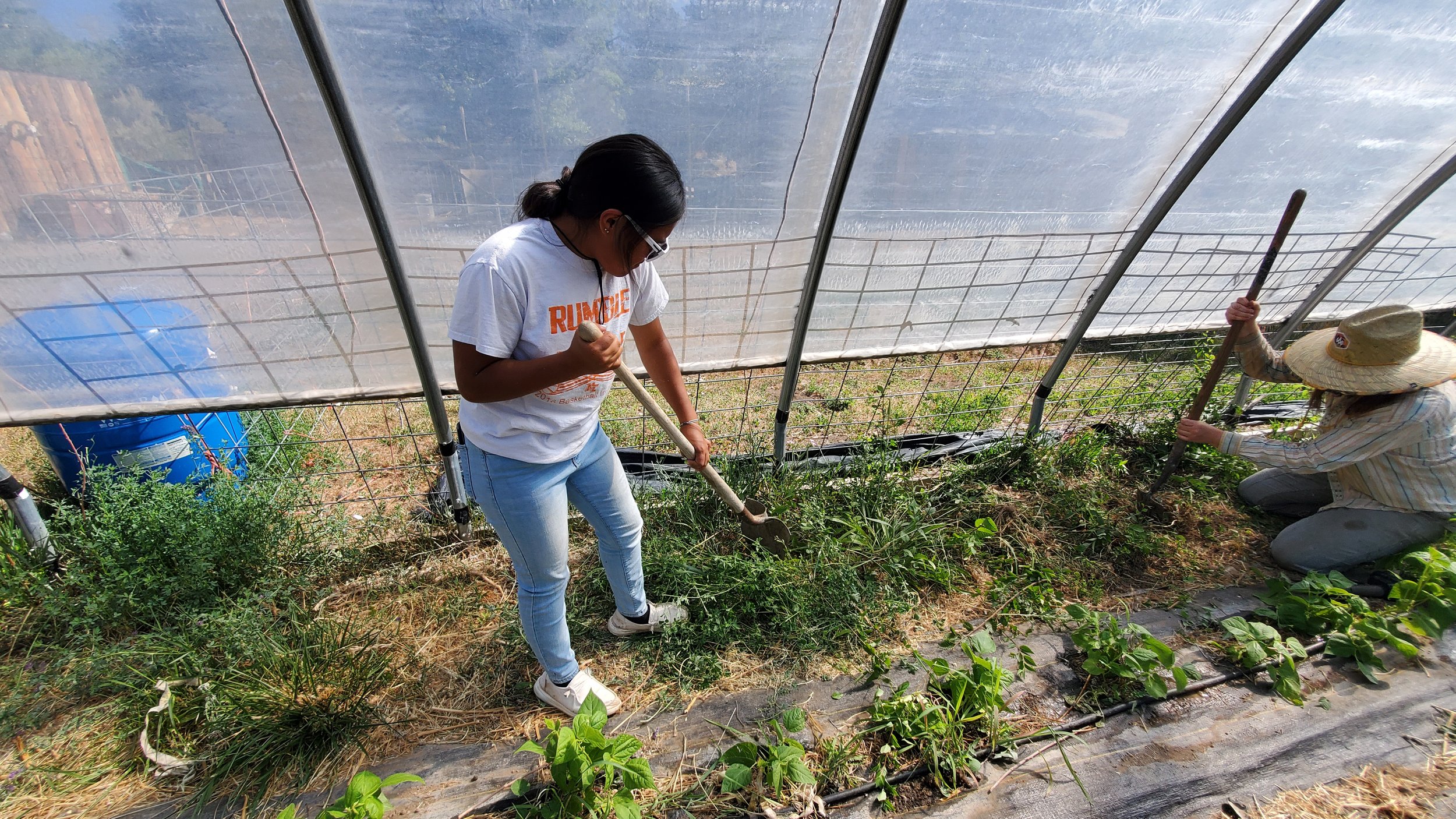
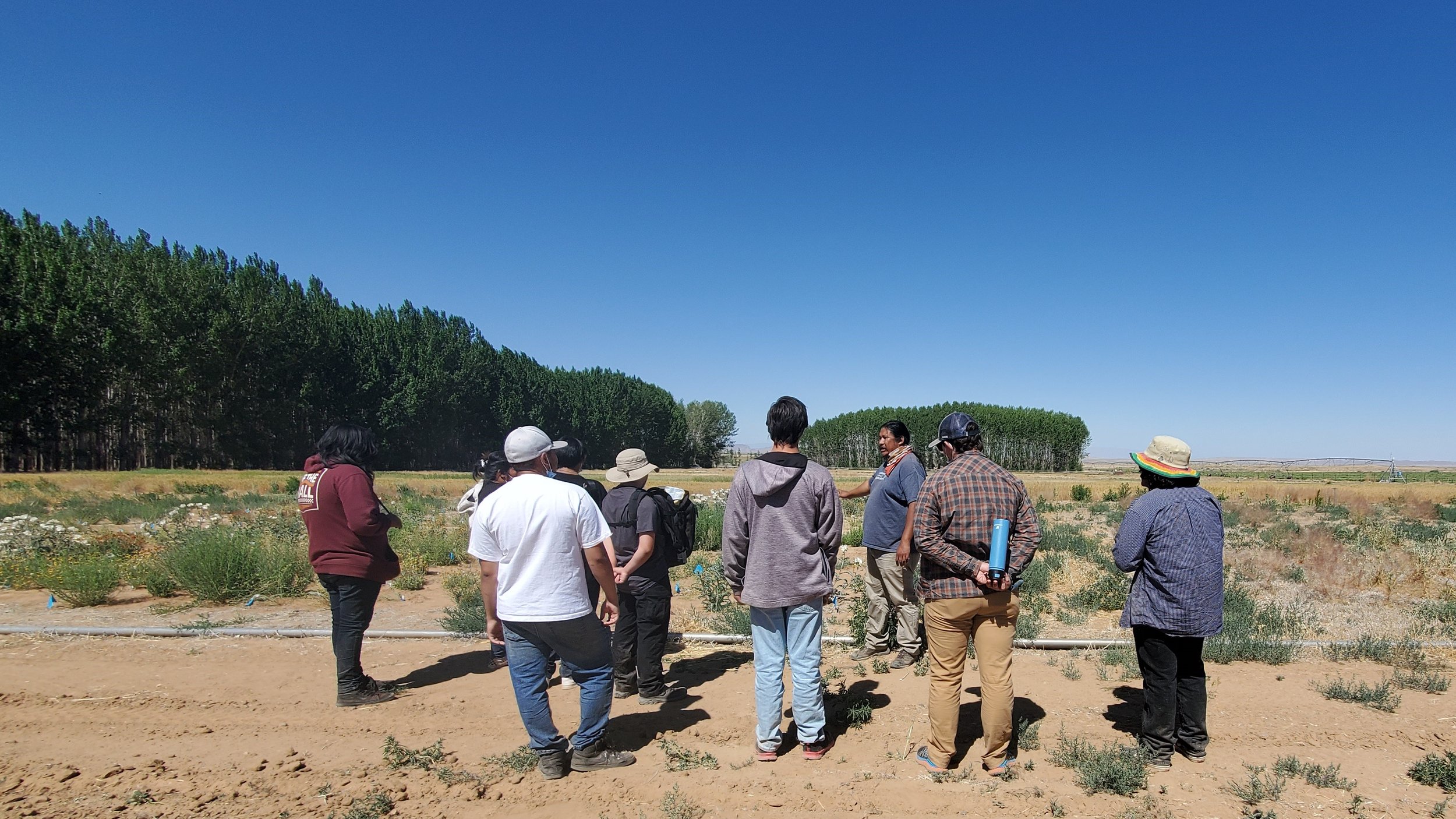
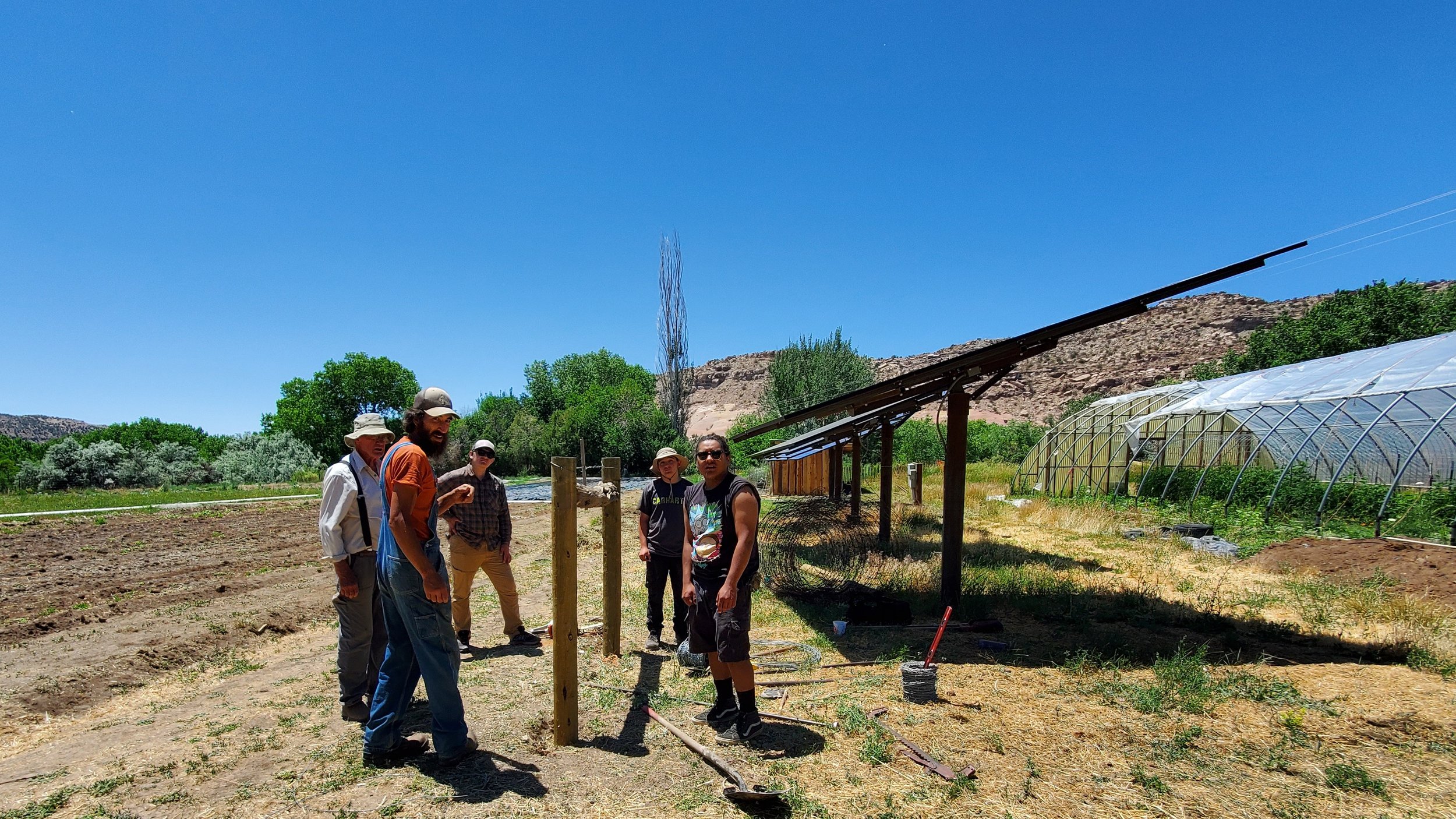
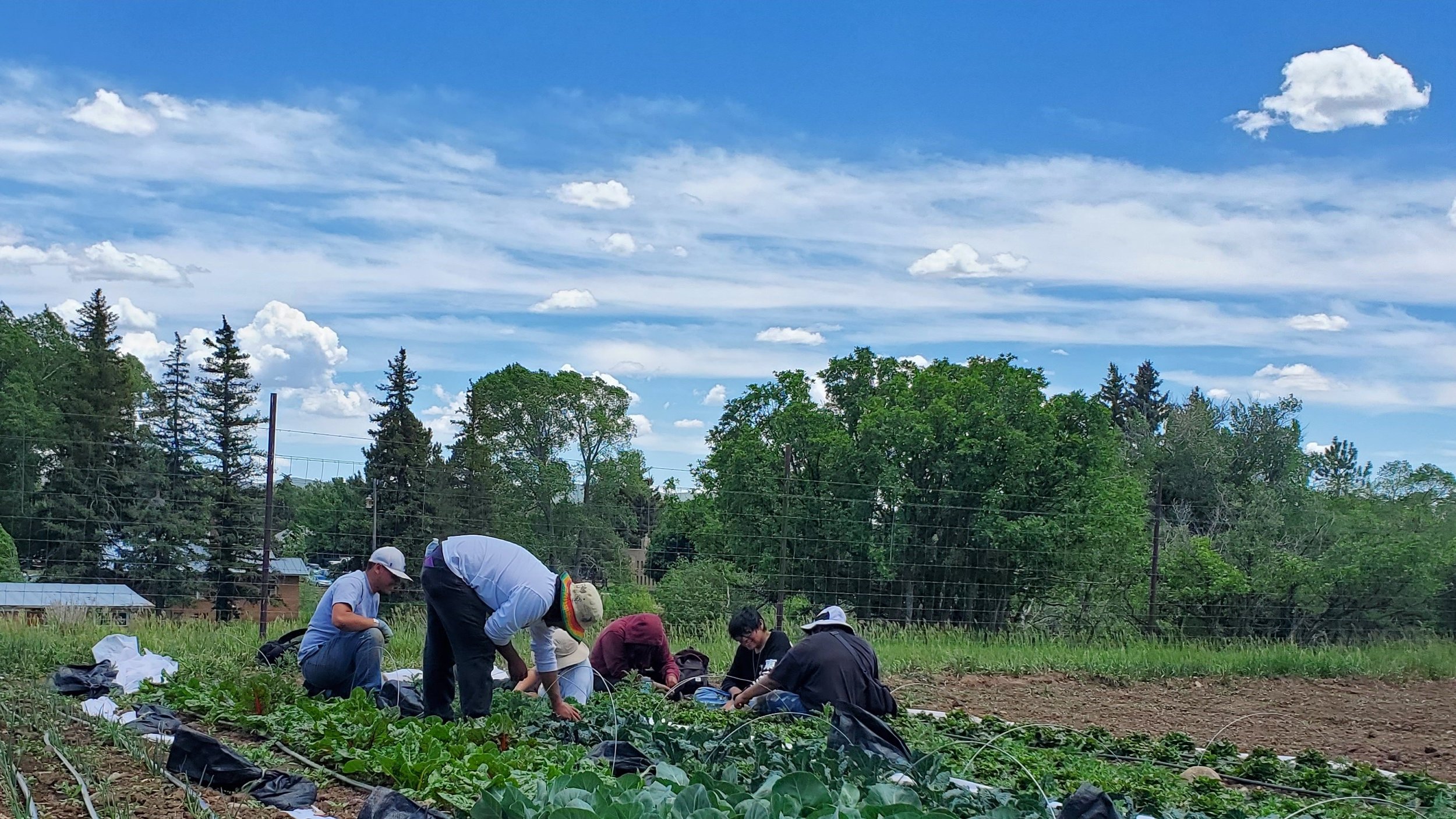
Produced in partnership:




